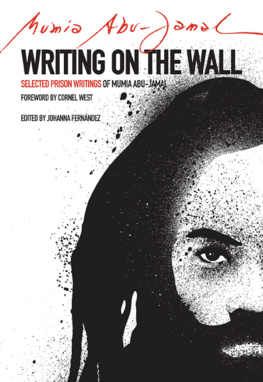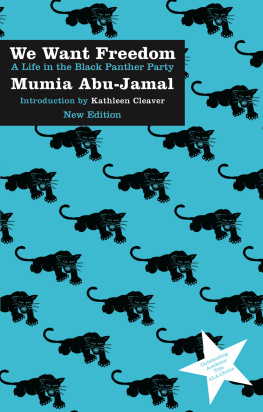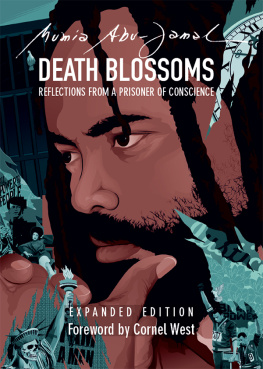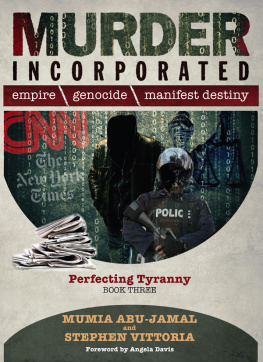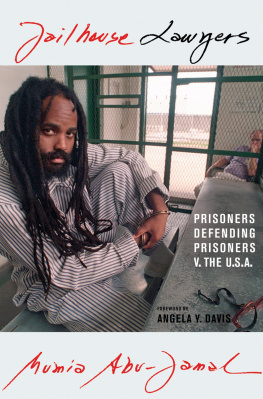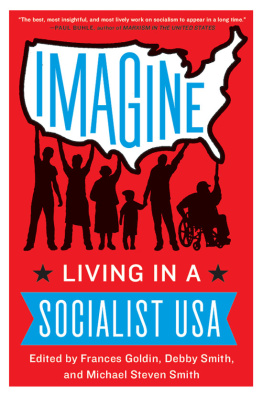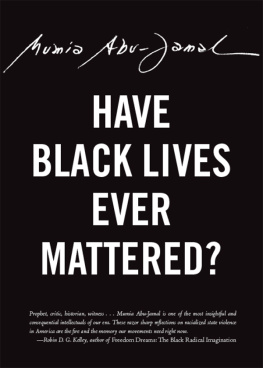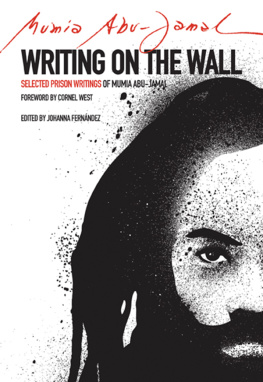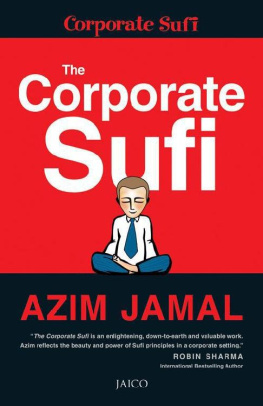Abu-Jamals writing tends to be forceful, outraged, and humorous, but he also engages in the bombastic approaches of another era... [T]he author offers powerful columns on diverse subjects ranging from the plight of black farmers to the crushing of dissent after 9/11. Some remain all too relevante.g., those decrying systemic police brutality as seen in flashpoints from Rodney King to Ferguson or the rise of racial disparities in drug sentencing. Abu-Jamal meditates on central figures in the black political narrative, ranging from Dr. Martin Luther King Jr. to Trayvon Martin... As a collection that spans from 1982 to 2014, these topical essays testify to the effects of incarceration on mind and spirit. While his prose has sharpened over time, Abu-Jamal remains enraged and pessimistic about an America that, in his view, remains wholly corrupt: [Blacks] know from bitter experience that while Americans may say one thing, they mean something quite different.
Kirkus Reviews
Hope and the seeds of revolution can come from the depths of isolation. Writing from his cell on death row, where he was held in solitary confinement for nearly 30 years, Abu-Jamal has long been a loud and clear voice for all who suffer injustice, racism, and poverty. Edited by Fernandez, this selection of 100 previously unpublished essays includes a foreword by Cornel West.
Evan Karp, SF Weekly
The power of his voice is rooted in his defiance of those determined to silence him. Magically, Mumias words are clarified, purified by the toxic strata of resistance they must penetrate to reach us. Like the blues. Like jazz.
John Edgar Wideman
Mumia refuses to allow his spirit to be broken by the forces of injustice; his language glows with an affirming flame.
Jonathon Kozol
Mumia is a dramatic example of how the criminal justice system can be brought to bear on someone who is African American, articulate, and involved in change in society. The system is threatened by someone like Mumia. A voice as strong and as truthful as histhe repression against him is intensified.
Sister Helen Prejean, author of Dead Man Walking
Brilliant in its specificity and imperative, Mumia Abu-Jamals work is about why multitudes of people dont overcome. It rings so true because he has not overcome.
LA Weekly
Expert and well-reasoned commentary on the justice system... His writings are dangerous.
The Village Voice
Uncompromising, disturbing... Abu-Jamals voice has the clarity and candor of a man whose impending death emboldens him to say what is on his mind without fear of consequence.
The Boston Globe
Abu-Jamal, a gifted and controversial Philadelphia journalist, [has an] ever-lucid voice and humanistic point of view. [His essays are] eloquent and indelible.
Booklist (starred review) for All Things Censored
Like the most powerful critics in our societyHerman Melville... to Eugene ONeilMumia Abu-Jamal forces us to grapple with the most fundamental question facing this country: what does it profit a nation to conquer the whole world and lose its soul?
Cornel West

WRITING ON THE WALL
SELECTED PRISON WRITINGS OF MUMIA ABU-JAMAL
Foreword by Cornel West
Edited by Johanna Fernndez

Open Media Series | City Lights Books
Copyright 2015 by Mumia Abu-Jamal
Copyright 2015 by Johanna Fernndez
Copyright 2015 by Cornel West
Cover art by Cesar Maxit
All Rights Reserved
Open Media Series Editor: Greg Ruggiero
Library of Congress Cataloging-in-Publication Data
Abu-Jamal, Mumia.
[Works. Selections]
Writing on the wall : selected prison writings of Mumia Abu-Jamal / foreword by Cornel West ; edited by Johanna Fernndez.
pages cm. (City Lights Books open media series)
Includes bibliographical references and index.
ISBN 978-0-87286-675-1 (paperback)
ISBN 978-0-87286-655-3 (ebook)
1. Civil rightsUnited StatesHistory21st century. 2. Justice, Administration ofUnited StatesHistory21st century. 3. United StatesPolitics and governmentHistory21st century. 4. United StatesSocial conditionsHistory21st century. I. Fernndez, Johanna. II. Title.
JC599.U5A346 2015
323.0973dc23
2014048024
City Lights Books
Open Media Series
www.citylights.com
Each generation must discover its mission, fulfill it or betray it, in relative opacity.
Frantz Fanon
REVOLUTIONARY LOVE AND THE PROPHETIC TRADITION
By Cornel West
Based on conversations with Johanna Fernndez in September 2014
The first opportunity I had to stand publicly with my dear brother and comrade, the revolutionary Mumia Abu-Jamal, was in the 1990s at the Philadelphia gathering of the National Association of Black Journalists, when the organization was scheduled to take a vote on whether to support Mumia. At that meeting, I delivered an impassioned indictment of the refusal of Black journalists to support Mumia unequivocally. For Mumia is not just an outstanding writer and journalist, he is a living expression of the best of the Black prophetic tradition.
For many years, I had known of Mumia as someone who is a truth teller, a witness bearer, who exposes lies. In 1985, when the MOVE organization became known to the world after that vicious bombing ordered by Philadelphias first Black mayor, Wilson Goode, I had already developed great respect for Mumias journalism, including his writings on MOVEs travails with the power structure of the City of Brotherly Love.
Although I had not had the opportunity to interact with Mumia personally, he had been the subject of numerous discussions in the National Black United Front, to which I belonged alongside Reverend Herbert D. Daughtry and his House of the Lord Pentecostal Church in Brooklyn. Mumia was included in our meditations as one of the living figures in the Black community who is part of both our revolutionary and our prophetic traditions.
In the 1990s, the voice of Mumia Abu-Jamal emerges in a special context. On the one hand, that decade is a period of reaction, because the class war against poor and working people is becoming more intense. Progressive movements are more dispersed and shattered than before, and the Black Freedom movement, under vicious attack, begins to lose its vitality. At this moment we begin to hear more from Mumia Abu-Jamal in the public sphere, a rare voice telling the truth from the vantage point of the wretched of the earth. Then he takes the next vital steps, offering a global analysis and calling for a local praxis.
During this period, I was blessed to stand with Mumia in court in Philadelphia, where Judge Albert Sabo, the judge in his original trial, now presided over a Jim Crow appellate process in his case. I remember clearly that Judge Sabo walked into the courtroom with a rigid, bigoted disposition. In contrast, Mumia entered the courtroom with a smile that announced that he was unbroken and ona Move. Mumia was stronger than we were. I walked out of there a freer Black man by seeing him. I walked out of there more dedicated, more full of conviction by seeing his conviction, his dedication and his love in the face of the lies coming at him.
It was not until Chris Hedges recently took Jim Cohen and me to the prison in Frackville, Pennsylvania, that I first spent time with Mumia face to face. That kind of meeting, which allowed human contact, was possible only because Mumia had been transferred from Death Row to the general prison population. I was deeply moved. When somebody has been through what Mumia has been through, you think theyd be down and out, downtrodden, just barely making it. But again, Mumia walked out with this smile, this tenacity, this style, this unbelievable determination and just sheer spirit.
Next page
